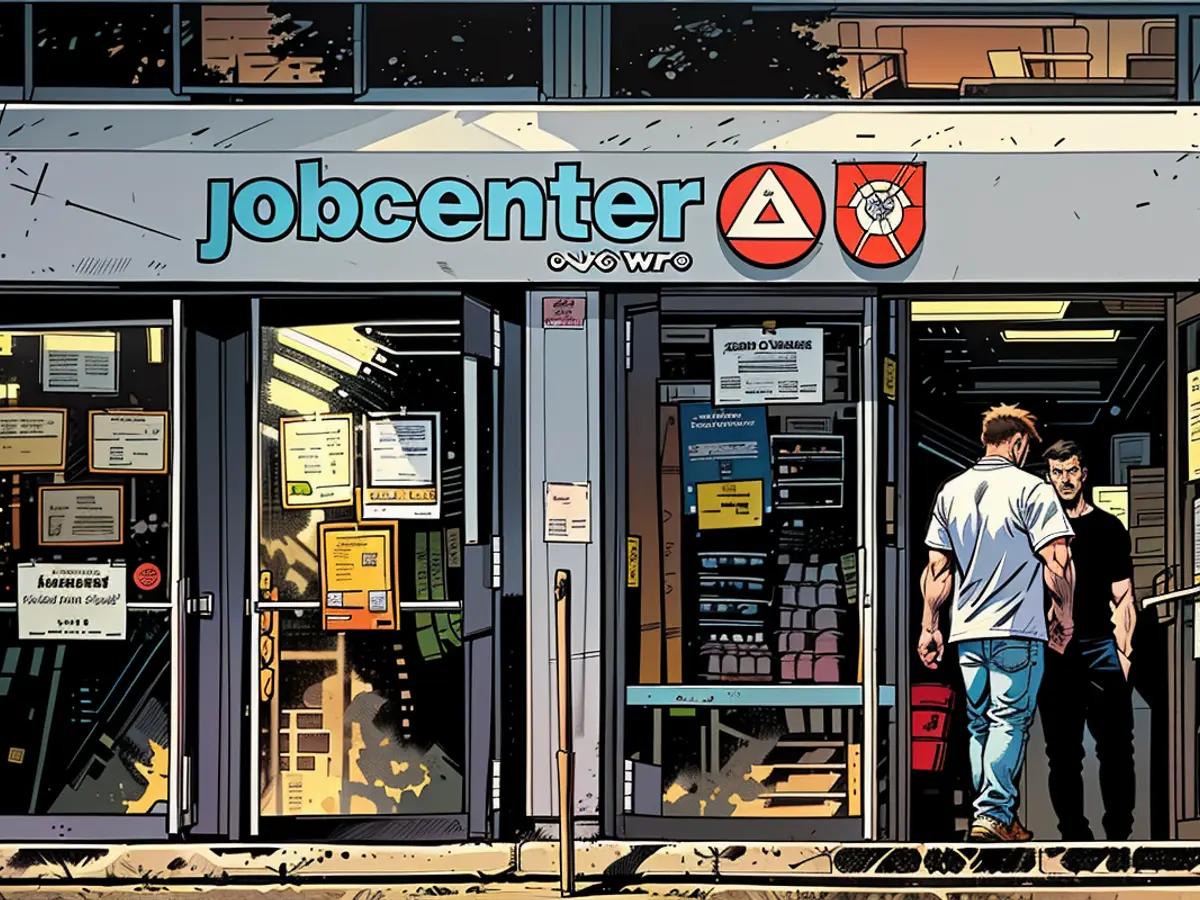I vettori aerei optano per l'abbandono delle strutture aeroportuali tedesche.
Ryanair taglia i servizi all'aeroporto di Berlino a causa dei costi crescenti. La causa: spese in aumento. La valutazione della Federazione Tedesca del Traffico Aereo indica che i costi contribuiscono all'aumento del prezzo del biglietto.
I costi per viaggiare sono notevolmente aumentati negli ultimi tempi. Secondo l'Ufficio Statistico Tedesco, il costo dei voli verso le destinazioni europee è aumentato del 31,9% nel primo semestre del 2023 rispetto all'anno precedente. Le compagnie aeree hanno scaricato questi costi aumentati, tra cui i costi del carburante esorbitanti e gli aumenti salariali per il personale di sicurezza, sui loro clienti.
Tuttavia, questa tendenza ha raggiunto il suo apice nel 2024 - le spese hanno continuato a salire, ma la disponibilità del cliente a pagare non ha tenuto il passo. Di conseguenza, i prezzi dei voli europei sono cresciuti solo del 2,7% durante questo periodo, secondo le statistiche. Ciò pone sfide per i fornitori di servizi. Ryanair ha annunciato questa settimana che ritirerà gli aerei da Berlino e eliminerà sei rotte dalla sua tabella di marcia.
Non si tratta di un caso isolato; la Federazione Tedesca del Traffico Aereo illustra, prendendo come esempio Stoccarda, come l'ampiezza dei servizi negli aeroporti tedeschi stia diminuendo. Tra il 2019 e il 2024, undici collegamenti verso le città europee sono stati interrotti lì, ma solo sette nuovi sono stati avviati. La frequenza sulle rotte esistenti è anche crollata drasticamente, ad esempio per Lisbona di oltre il 70%. Mentre in altri grandi paesi europei il numero di passeggeri è tornato ai livelli pre-Covid, la Germania è in ritardo - con solo l'83% della capacità del 2019 raggiunta negli aeroporti tedeschi durante il primo semestre del 2024.
Le compagnie aeree attribuiscono il motivo principale per questi oneri e tasse più elevati al governo. La tassa sul biglietto aereo è aumentata di più del 20% da sola a maggio. Tra 15,53 e 70,83 euro viene ora addebitato per passeggero. I costi per i controlli di sicurezza sono previsti per aumentare da un massimo di dieci a fino a 15 euro nel 2025.
"Costi aggiuntivi senza fine"
since 2020, taxes and duties have nearly doubled on average, the German Air Traffic Federation argues. Moreover, from next year, airlines must initially mix small amounts of sustainable fuel, significantly more expensive than fossil fuel, into their fuel. This primarily impacts price-sensitive budget airlines, as their clients pay close attention to fares. According to the Federation, Ryanair, Easyjet, and WizzAir managed to offer only 71% of their 2019 service package in the first six months of the year.
The Federation has calculated the taxes and duties for an intra-European flight of an Airbus A320 with 150 passengers. This example pertains to Stuttgart Airport: In 2019, the costs were 2,389 euros; now they've escalated by 84% to 4,404 euros. Of this, 2,330 euros went to the air traffic tax, 1,716 to the air security levy, and 358 to air traffic control for takeoff and landing. The price hikes in Stuttgart are particularly steep, but not an isolated case. In Düsseldorf, the Federation reports, costs have nearly doubled. Above all, however, departures and landings in Germany are significantly more heavily taxed than in other countries. For the same one-way flight with the Airbus in Madrid, only 660 euros were charged - just 3% more than before the pandemic.
To remain profitable, airlines come up with various strategies. Carry-on luggage, previously free, can now cost more than the ticket itself. Recently, several budget airlines in Spain were penalized a total of 150 million euros for excessive overcharging.
Airlines like Lufthansa of Germany will introduce an environmental surcharge from next year to cover "relentlessly increasing additional costs". This will be clearly stated to inform travelers that it's not the airline profiting, but rather they're paying to reduce and offset the carbon dioxide emissions caused by their flight. Ultimately, it's like any offer: either the customer pays all costs plus a markup for the company they book with, or the offer shrinks and eventually disappears - as is currently happening with Ryanair in Berlin.
The escalating costs are putting a strain on the economy, as airlines like Ryanair are forced to cut back on services due to increasing expenses. The tax on flight tickets has nearly doubled since 2020, contributing to the soaring costs faced by airlines.








